Vladimir Putin Net Worth: A Prolific Leader -The mysterious Russian leader Vladimir Putin has left a lasting impression on international affairs. An outline of Vladimir Putin’s wealth, early life, professional background, personal life, awards, and accomplishments may be found in this article.
Vladimir Putin Net Worth
| Nickname: | Vladimir Putin |
| Real Name: | Vladimir Vladimirovich Putin |
| Net Worth: | $200 billion |
| Birthplace: | Leningrad, Russia |
| Weight: | 75 kg |
| Sexual Orientation: | Straight |
| Marital Status: | Married |
| Spouse: | Lyudmila Aleksandrovna Ocheretnaya |
| Children: | Maria, Katerina |
| Girlfriend: | None |
| Date of Birth: | October 7, 1952 |
| Gender: | Male |
| Height: | 1.75 m |
| Profession: | Politician, Former intelligence officer, President of Russia |
| Nationality: | Russian |
| Source of Wealth: | Politics |
| Education: | Leningrad State University |
| Father: | Vladimir Spiridonovich Putin Sr. |
| Mother: | Maria Ivanovna Putina |
| Brother: | Viktor Putin, Albert Putin |
| Sister: | None |

Early Years
On October 7, 1952, Vladimir Vladimirovich Putin was born into a working-class family in Leningrad, Russia (now Saint Petersburg). His mother, Maria Ivanovna Putina, worked in a factory, while his father, Vladimir Putin Sr., was a conscript in the Soviet Navy. Putin was raised in a shared flat, which was customary for urban Soviet living at the time. He joined the Young Pioneers, a Soviet youth organisation, and showed an early interest in martial arts, especially judo.
Putin studied law at Leningrad State University. Following his graduation in 1975, he enlisted in the KGB, the top security agency of the Soviet Union, and received training at KGB School No. 1 in Moscow. During his sixteen years as an intelligence officer with the KGB, he was stationed in East Germany.
Political Career
Following the fall of the Soviet Union in the early 1990s, Putin started his political career. He began working for Leningrad mayor Anatoly Sobchak as an assistant in foreign affairs. In 1991, he left the KGB after Mikhail Gorbachev was overthrown in a coup. He might have taken extra money by working as a private taxi driver during this time. Putin moved to Moscow in 1996, when Sobchak’s tenure as mayor came to an end, and he was appointed deputy head of the Presidential Property Management Department.
In March 1994, Putin founded the local chapter of the pro-government Our Home – Russia political party and was named the first deputy chairman of the Saint Petersburg administration. After that, he managed the party’s campaign for the parliamentary elections and held several important positions. In June 1996, Putin left his position in the city government and moved to Moscow after Sobchak lost the reelection in Saint Petersburg.
Putin was appointed head of the Main Control Directorate of the Presidential Property Management Department and deputy chairman of the Presidential Staff in Moscow. In 1997, he gave his economics dissertation defence for his Candidate of Science degree. Subsequently, he was designated as the chairman of the committee responsible for formulating agreements on the delimitation of regional authority and First Deputy Chief of the Presidential Staff for the Regions later that year.
1998-2003
Putin was appointed director of Russia’s Federal Security Service (FSB), the top intelligence and security agency in the nation, in July 1998. “A blind alley, far away from the mainstream of civilization,” was how he described communism. In August 1999, Russian Federation President Boris Yeltsin appointed Putin as acting prime minister. Yeltsin advocated for Putin to succeed him as well.
Following Yeltsin’s resignation on December 31, 1999, Putin was named the Russian Federation’s acting president. Yeltsin and his family would not be prosecuted for alleged corruption, according to his first presidential decree. With 53% of the vote, Putin emerged victorious in the presidential contest on March 26, 2000, and took office on May 7.
Putin focused on stabilising power and reviving the economy during his first term as president. In exchange for their support of his administration, he made a “great bargain” with the Russian oligarchs, allowing them to maintain their positions of power. In spite of backlash over his handling of the Kursk submarine disaster, Putin’s public popularity ratings remained high.
RELATED: PewDiePie Net Worth: From Gaming to Popularity
In October 2002, during a special forces rescue operation, 130 hostages were killed in the Moscow Theatre hostage crisis. Putin has continued to enjoy high popularity even in the face of criticism about the way he handled the crisis. Chechnya held a referendum in 2003 to adopt a new constitution that established the region’s sovereignty while recognising it as a part of Russia.
Putin made an effort to quiet the Chechen insurgency movement and stabilise Chechnya during his first term in office. Attacks continued, but the area eventually stabilised.
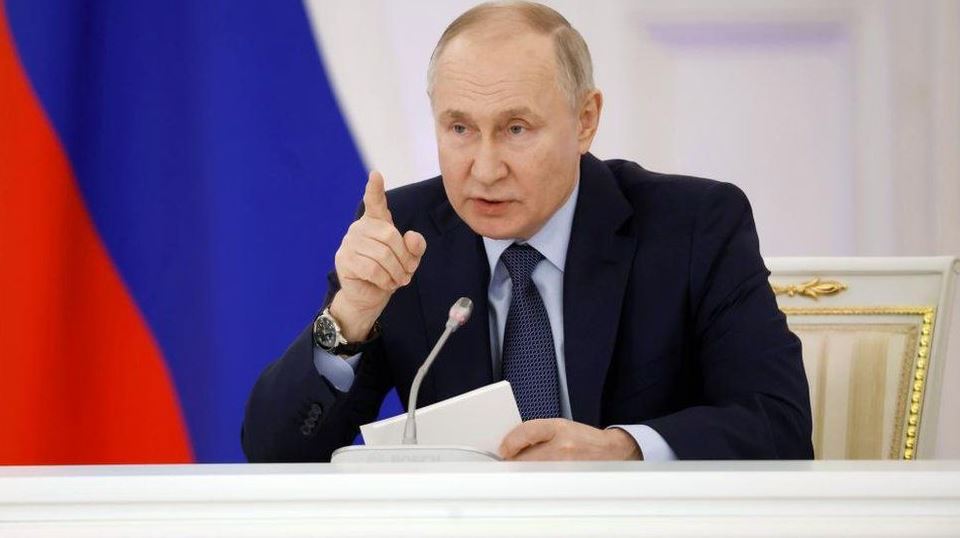
2004-2012
Notable incidents during Vladimir Putin’s second term as president, which started in 2004, included the hostage situation at the Beslan school and his assessment of the fall of the Soviet Union as a geopolitical disaster. Putin created National Priority Projects during this time to deal with a range of social and economic problems. The contentious prosecution and imprisonment of Mikhail Khodorkovsky marked a shift in Russian state capitalism.
Journalist Anna Politkovskaya was slain during Putin’s second term, which caused widespread indignation over the lack of security for independent media outlets. Tensions in international ties increased, especially with Germany, as Putin brought his dog to a meeting with the known dog-phobic Chancellor Angela Merkel.
Putin’s return to the presidency after serving as prime minister made his third term as president, which ran from 2012 to 2018, noteworthy. Protests against alleged electoral fraud took place at this time, including the well-known Pussy Riot trial. Putin published a number of presidential decrees outlining his policy goals after winning office in 2012, most notably those related to social and economic advancement.
2012-present
International censure resulted from Putin’s support of stricter prohibitions against the LGBT community during this administration. In addition, he assumed command of the All-Russia People’s Front, which sought to improve ties between the populace and the government. Putin gave his approval for military action in Syria on a global scale to support the government’s efforts to combat rebel and Islamist forces.
In spite of claims of electoral fraud, Putin won more than 76% of the vote to secure his reelection in 2018, setting the stage for a fourth term. With US information indicating that Putin personally oversaw the planning of an influence operation, Putin’s regime came under scrutiny for meddling in the US election of 2016. Significant political events also occurred during this term, including the resignation of Prime Minister Dmitry Medvedev and the proposal of constitutional amendments meant to increase Putin’s political power beyond that of the president.
Personal Life
From 1983 to 2014, he was wed to Lyudmila Putina; the couple had two children, Maria and Katerina. Putin has developed a strongman persona by regularly being pictured engaging in physically demanding activities like martial arts, fishing, and hunting.
Controversies
Putin’s administration has been connected to several domestic and international issues. His critics at home charge him with suppressing dissenting opinions, destroying political opposition, and strengthening his hold on power within the Kremlin. accusations of involvement in the poisoning of political rivals, namely Alexander Litvinenko.
Putin’s administration has been under fire from around the world for allegedly supporting authoritarian regimes, interfering in foreign elections, and engaging in aggressive military actions like the annexation of Crimea in 2014 and the conflict in Eastern Ukraine.

Awards and Achievements
several countries and organisations have bestowed upon Vladimir Putin several honours and honours. Honours include the Order of Ho Chi Minh from Vietnam in 2001, the Order of the Golden Eagle from Kazakhstan in 2004, the Grand-Croix from France in 2006, and the Order of Abdulaziz al Saud from Saudi Arabia in 2007.
Along with other nations, he has also received orders from Tajikistan, Venezuela, Belarus, Cuba, and Serbia. Among other universities, Putin has honorary doctorates from Turkmenistan, India, Azerbaijan, Armenia, South Korea, and China.
In addition, he received the Confucius Peace Prize, the Order of Saint Sava, the Order of Sheikh ul-Islam, and the Olympic Order (which was revoked in 2022). Putin was named Time magazine’s Person of the Year in 2007, and he is honoured with the names of streets and geographical features in Kyrgyzstan and Chechnya.
The Order of St. Andrew, Russia’s highest civilian honour, has been bestowed to him.
Conclusion
Vladimir Putin left behind a complex legacy that has drawn praise and criticism from different quarters but is unquestionably significant globally. His incredible journey from KGB officer to Russian president has influenced Russian politics and international events for many years.

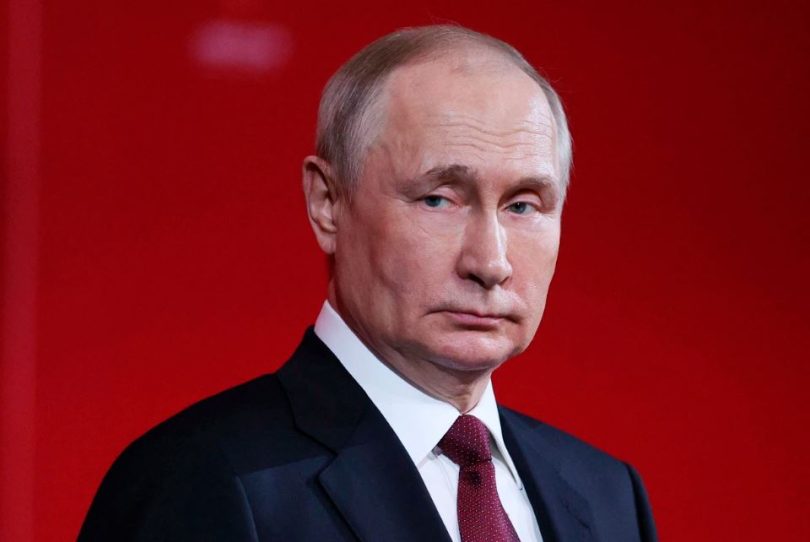
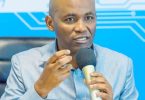
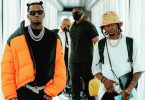
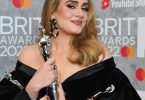

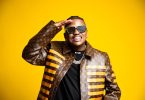
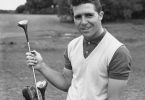
Leave a Comment